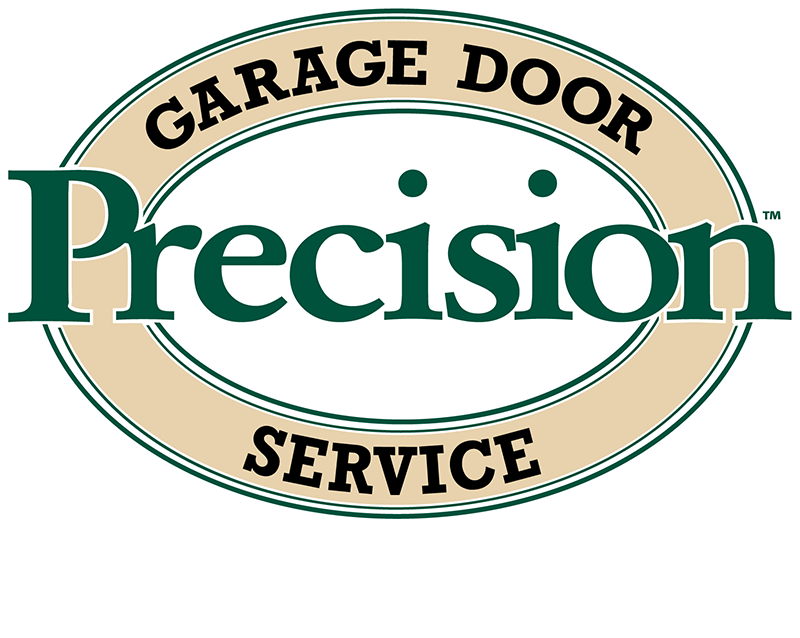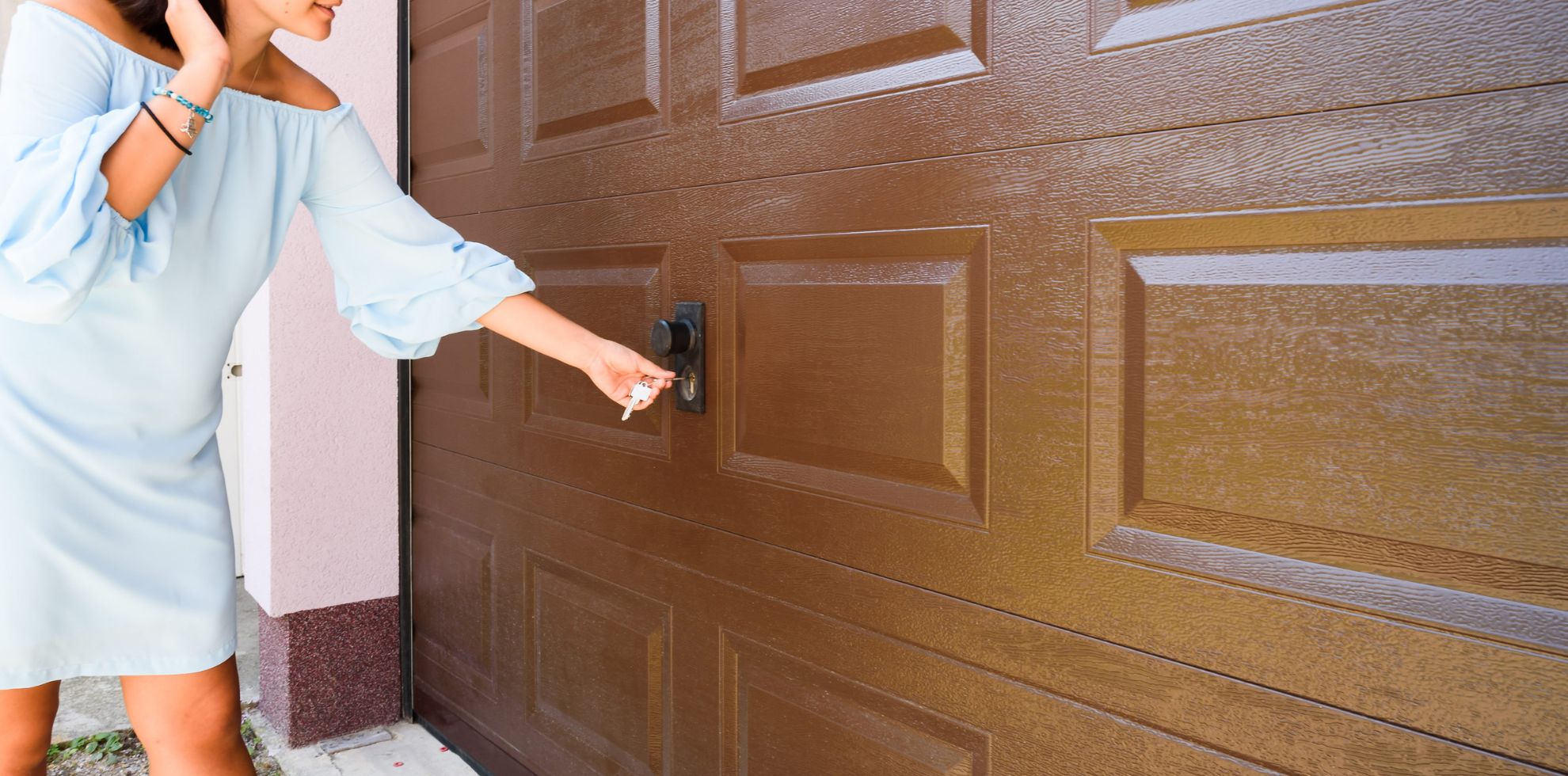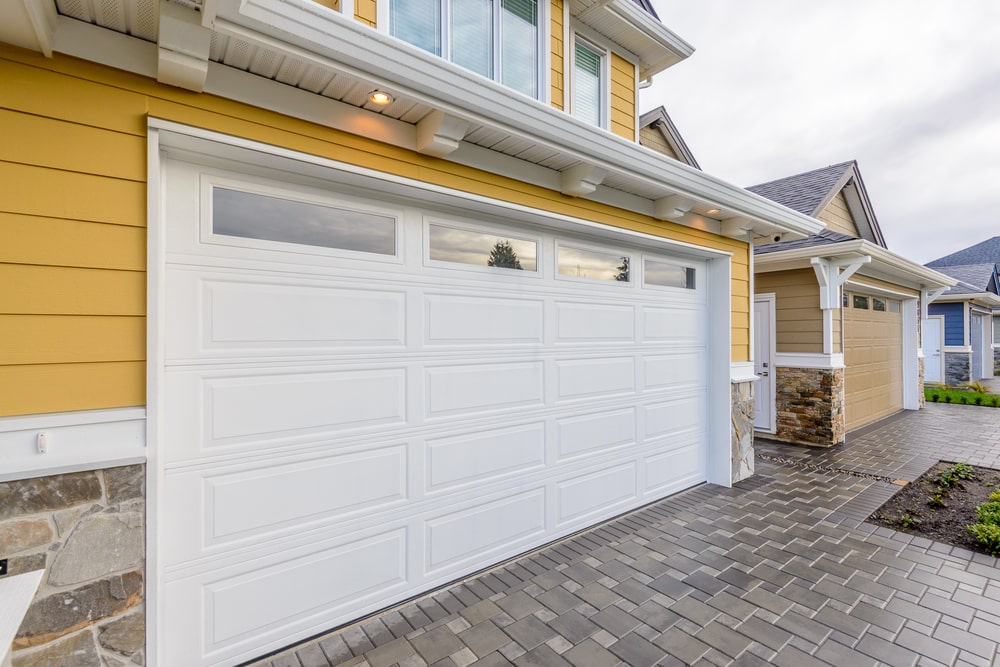
As homeowners in Long Beach seek ways to minimize their energy costs, particularly in practical spaces like garages, understanding the best practices for energy-efficient garage heating becomes crucial. This guide will provide insights on cost-effective methods to heat your garage while ensuring that your garage door systems are maintained for optimal performance and energy conservation.
The Role of Efficient Garage Doors in Energy Conservation
Efficient heating solutions involve more than just the heating system you choose; they also ensure your garage is well-equipped to retain heat. Poorly maintained or damaged garage doors can lead to significant heat loss, increasing energy consumption and costs. Regular garage door repairs are essential in maintaining the integrity of your garage’s insulation and overall structure.
Selecting the Right Heating System for Your Garage
Choosing the right heating system is paramount for efficiency. Whether you opt for forced-air heaters, infrared heaters, or radiant floor heating, the choice often depends on the size of your garage and your specific heating needs. Here’s a brief overview:
- Forced-air heaters: Commonly used and effective for quickly heating large spaces.
- Infrared heaters: Ideal for heating specific areas rather than the entire space, thus saving energy.
- Radiant floor heating: Offers even heat distribution and operates quietly, although it can be more costly to install.
Practical Tips to Reduce Heating Costs in Your Garage
- Insulation is Key: Ensure your garage, including the garage door, is well insulated. This reduces the need for extensive heating and lowers energy bills.
- Weatherstripping: Weatherstripping around the garage door prevents drafts and heat loss.
- Regular Maintenance: Schedule regular maintenance checks to ensure your garage door and opener function efficiently. Poorly functioning doors can increase energy costs due to heat escape. Learn more about maintaining your system with garage door springs, rollers, and cable solutions.
Cost-Effective Fixes and Troubleshooting for Non-Operational Garage Doors
Efficient garage heating isn’t just about maintaining warmth and ensuring the system operates without hiccups. This involves regular troubleshooting and repairs to avoid costly overhauls and enhance your heating system’s energy efficiency. Below are some insights on addressing common issues with non-operational garage doors and how they relate to energy conservation.
1. Addressing Common Garage Door Repairs
A functional garage door is crucial for maintaining temperature control within the garage. Common issues like broken springs or misaligned tracks can lead to gaps that allow heat to escape, drastically reducing the efficiency of any heating system you use. Regularly check and repair these components to ensure they are in good working order. Engaging with professionals for garage door repairs in Long Beach can help diagnose and fix these issues promptly.
2. Solutions for Noisy and Off-Track Doors
A noisy garage door often indicates a lack of lubrication or worn-out rollers and cables. Not only does this affect the door’s operation, but it can also impact energy efficiency by causing it to stick or not close properly. Regular maintenance checks and lubricating of the moving parts can greatly enhance the door’s operation. Similarly, an off-track garage door can prevent the door from sealing properly, leading to significant energy losses. Fixing these issues is crucial to maintaining a warm and energy-efficient garage.
3. Upgrading Your Garage Door
Upgrading your garage door to a more energy-efficient model can be a wise investment for those considering long-term solutions. Modern garage doors offer better insulation and sealing technologies that enhance the aesthetic appeal and improve your home’s energy efficiency. Exploring options for upgrading your garage door can provide benefits beyond heating efficiency, including increased property value and better security.
Enhancing Cost-Efficiency in Garage Heating
Combining proper insulation with a heating system tailored to your garage’s specific needs is crucial to enhancing the cost-efficiency of heating your garage. Ensuring all components, such as garage door springs and cables, are in prime condition is critical to preventing heat loss. This approach ensures effective heating and helps reduce overall energy expenses.
Practical Strategies to Minimize Heat Loss in Garages
Installing weatherstripping around the garage door and ensuring it is properly aligned and functional can minimize heat loss in your garage. Regular maintenance checks are vital to promptly address any issues, enhancing the garage’s energy efficiency. This regular upkeep helps maintain an optimal temperature inside the garage while keeping energy consumption minimal.
Tips for Reducing Garage Heating Costs
While completely free garage heating isn’t feasible, maximizing energy efficiency can significantly lower heating costs. Strategies such as utilizing natural sunlight, improving insulation, and ensuring all garage door components are fully functional can dramatically reduce energy expenditures. These measures enhance the warmth and usability of your garage during colder months and contribute to long-term savings.
Integrating Smart Technology for Enhanced Garage Energy Efficiency
Integrating smart systems into garage heating solutions can significantly boost convenience and energy efficiency as technology advances. Smart technology allows homeowners to control heating systems remotely, ensuring energy is used only when necessary and reducing overall consumption.
Smart Garage Door Openers
Modern garage door openers with smart technology enable homeowners to control and monitor their garage doors via smartphone apps. This capability ensures that doors are closed when not in use, which is crucial for maintaining the desired temperature within the garage, thereby reducing the heating requirements and energy costs.
Automated Temperature Control
Smart thermostats can be installed within the garage to regulate the heating system efficiently. These devices adjust the temperature based on daily usage patterns and external weather conditions, providing the right amount of heat needed without wasting energy.
Benefits of Smart Integration
- Cost Efficiency: Automated systems reduce unnecessary heating, reducing energy bills.
- Convenience: You can control your garage’s environment from anywhere, ensuring it’s warm when needed and conserving energy when it’s not.
- Increased Lifespan of Garage Components: Maintaining optimal conditions minimizes the strain on the heating system and the garage door mechanics, potentially reducing the need for frequent repairs.
Maintenance Tips to Enhance Longevity and Performance
To ensure that your garage door and heating system operate efficiently for years to come, consider the following maintenance tips:
- Regular Inspections: Have a professional inspect your garage door and heating system annually to ensure everything is in working order and efficiently maintained.
- Lubrication and Cleaning: Regularly clean and lubricate moving parts of the garage door to prevent wear and tear that can impact functionality and energy efficiency.
- Update Insulation: Check and upgrade the insulation of your garage and its door periodically. Improved insulation can significantly reduce heating requirements.
Engaging Professional Services for Optimal Performance
While DIY maintenance can be effective for minor issues, professionals should handle complex problems and installations. Precision Door Long Beach experts are trained to handle everything from routine maintenance to emergency repairs and new installations, ensuring that your garage door and heating system are always in top condition.
By following these guidelines and regularly consulting with professionals, you can maximize the energy efficiency of your garage heating system, reduce costs, and maintain a comfortable and secure environment.











